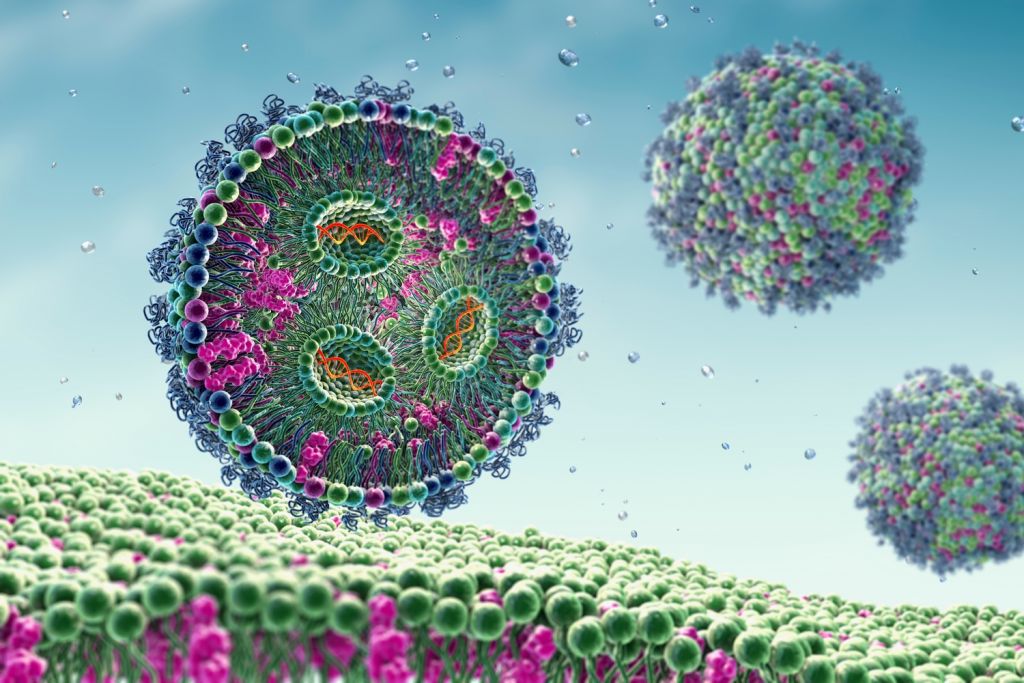Newsletter Signup - Under Article / In Page
"*" indicates required fields
STORM Therapeutics Ltd, announced today that the first patient in a phase 1 study had been dosed with a drug targeting solid tumors.
The biotech company works on discovering and developing new small molecule therapies targeting RNA modifying enzymes (RMEs) for oncology and other diseases.
The patient was dosed with STC-15, STORM’s clinical candidate. It is an orally bioavailable, highly selective METTL3 inhibitor and first molecule specifically targeting an RNA methyltransferase enzyme to enter clinical development.
STORM Therapeutics first candidate
Josefin-Beate Holz, CMO of STORM Therapeutics, added: “I am delighted with the successful initiation of STORM’s first candidate into the clinic from our innovative and proprietary pipeline.
Clinical development allows us to establish meaningful clinical benefit with RNA modifying enzyme inhibitors in cancer patients. This first trial is a groundbreaking milestone for the drug class and we are looking forward to receiving the emerging data from the study.”
This phase 1 study is a multiple ascending dose escalation trial aiming to enroll 40-60 patients to measure safety, pharmacokinetics, target engagement, biomarkers related to mechanism, and anti-tumor efficacy in patients with solid tumors. Details of the study can be found on clinicaltrials.gov.
Major milestone for STORM Therapeutics
Dr Jerry McMahon, CEO of STORM Therapeutics, said: “This is a major milestone for STORM as we enter clinical development with our lead candidate STC-15 and continue progressing a pipeline targeting RNA modifying enzymes beyond METTL3.
“We intend to exhibit preclinical data related to STC-15 at future medical conferences this year as we execute our phase 1 study in patients with solid tumors. We anticipate presenting results from our phase 1 study in 2023.”
Anti-cancer immune response
Preclinical activity was demonstrated with STORM Therapeutics’ STC-15 through direct cytotoxic and anti-cancer immune response mechanisms in solid tumor and leukemia models. Data indicated enhanced interferon signaling and synergy with T cell checkpoint blockade as an important mechanism of action of STC-15 resulting in tumor regression and anti-cancer immunity in rodent models.
Justin Moser associate clinical investigator of HonorHealth Research Institute, said: “Our goal at HonorHealth Research Institute is to offer tomorrow’s potential cures to our patients, today. We are excited about our collaboration with STORM which allows us to offer STC-15 and other cutting-edge, first-in-class trial options to our patients.”
Oncology R&D trends and breakthrough innovations







